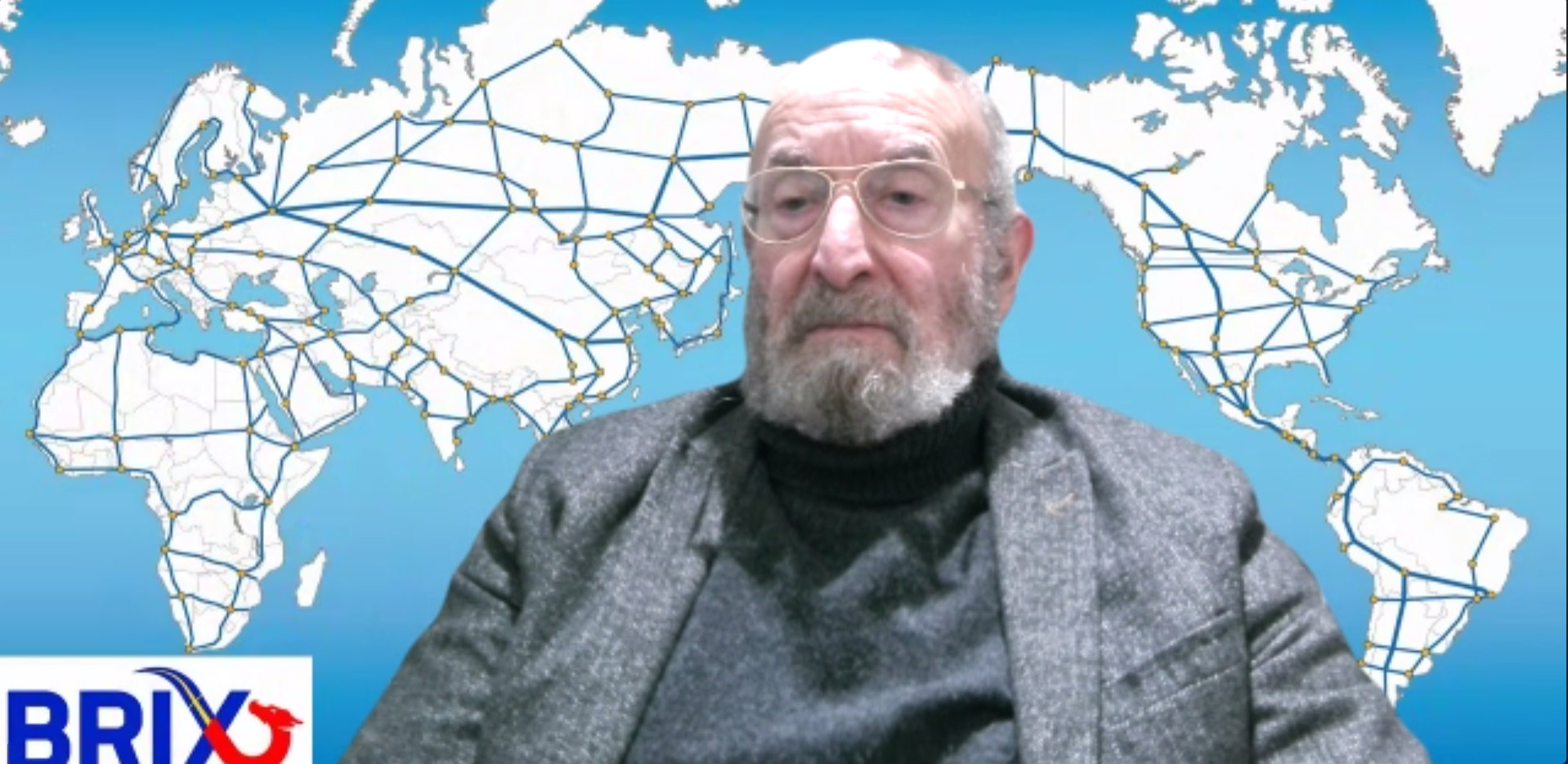This is the transcript of the speech made by BRIX Chairman Stephen Brawer on October 22 in Berlin at the 2024 China-Europe Seminar on Human Rights.
Excellencies, Distinguished Guests, Scholars, Ladies and Gentlemen,
I want to thank the China Society for Human Rights, and Central South University for inviting me to this important conference, China-Europe Seminar on Human Rights 2024.
In addressing the question of human rights, in the world today, the great challenge, as well as, the growing uncertainty, remains: Can we unite East and West, China and Europe to build a bridge of common understanding and cooperation? Failure to do so, will only lead to a divided world, stumbling rapidly into a new cold war, or even, the immediate escalating danger of a global thermonuclear war.
Solutions to this problem or challenge exist, but will they be accepted and acted upon to avoid an otherwise tragic ending for humanity? It should be very clear that the foundation for peaceful economic development and cooperation between Europe and China is dependent upon Europe accepting and embracing the Belt and Road Initiative. The coming decade, i.e. the second decade of the Belt and Road Initiative shall be transformative in bringing into being a world free from extreme poverty. Such a development should be a celebration of the common goal for mankind.
In light of this, the most fundamental human right begins with the right to life and development. Without successful economic development, any discussion of human rights lacks substance. People condemned to hunger and war, are denied any human rights. Yet, presently, the European Union leadership enjoys hearing themselves talk about human rights, i.e. freedom and democracy, without lifting a finger to address and solve this existential question. Instead of joining hands to join the Belt and Road Initiative, they actively campaign against it, pointing the finger at China for violating Western standards of human rights.
On the other hand, the overwhelming global majority has signed onto cooperation and active support for the Belt and Road Initiative. This includes over 150 nations as of today, and the numbers are increasing daily. The growing interest and increasing number of members to the BRICS, is a further example of this ongoing process.
How can Europe change its thinking on this crucial question? One way is people to people communication, by passing mainstream media negativity and misrepresentation. This conference can be an example of such communication. In addition, uniting individual scholars and independent thinkers, who are sympathetic to the Belt and Road Initiative is another way. As Chairman of the Belt and Road Institute in Sweden, together with my colleagues, we have initiated such a group. called “Europeans for the Belt and Road Initiative.” This creates a platform for articles, interviews and discussions, webinars, promoting accurate reporting and understanding of the BRI.
This is one initiative to build understanding, however, I believe we must do more. We must reach back in history to find the ideas that will empower and inspire us to overcome the present divisiveness. World history is very complex but without a certain willingness to tackle profound ideas in the history of philosophical thinking we are on a collision course with a terrible destiny.
Present thinking, generally, is far too limited and mostly trapped by political populism and the simple exchange of information. Although accurate information has its usefulness, it does not address the deepest and most essential aspect of human nature.
That theme was addressed during the late 1500’s and up to the early 1700’s in the exchange and interaction between Europe and China. The work of Matteo Ricci (Li Madu), 1552-1610, and what was then called the accommodationist faction of the Jesuit Catholic Missionaries in China, points out the proper direction. Their collaboration with the German philosopher, polymath, Gottfried Wilhelm Leibniz (1646-1716) brought this grand discussion or debate to to the table of European. Chinese relations. This exchange partly through letters and correspondence, but also directly through travels and exchange opened a profound dialogue upon the true nature of human beings and their place in the world and the universe. It was a dialogue based upon the works of Confucius, the great Chinese philosopher and his relationship to European Christian thinking, as this was best expressed by the thinking of Leibniz. This defined the actual basis for a Dialogue of Civilizations. It reflects what China’s President Xi Jinping has called a Global Civilization Initiative.
We must elevate our thought processes above the rampant superficiality of pure information technology. Artificial Intelligence can be a useful tool for humanity. It can never replace human creative thinking. Human beings have an inherent quality of goodness combined with the power of reason which distinguishes humans, absolutely from beasts or animals. It is a type of spiritual quality which characterizes us a created beings in the image of the Creator. This human quality is the basis for all human innovation and discoveries in science, as well as the arts and music. However, when people choose to ignore or reject this divine quality in themselves, they can and often do, rapidly sink to the level of beasts or even worse than beasts. We witness this problem, all around us, in the world today. I suggest to revive the spirit of dialogue between Chinese civilization and thinking, especially Confucian thinking and the West European thinking in the living spirit of Gottfried Wilhelm Leibniz. This was vividly expressed in Leibniz’s Writings on China.
This is not a mere academic proposal, but rather a dynamic thought process coming back to life in today’s European and Chinese relations. It has all the potential to lift us above the dangerous divisiveness and recapture the spirit of dialogue and friendship.
China’s President Xi Jinping calls this “a community for a share future for mankind.” By embracing this spirit, the battle for universal human rights can be won for all nations and all peoples.
Thank you!

